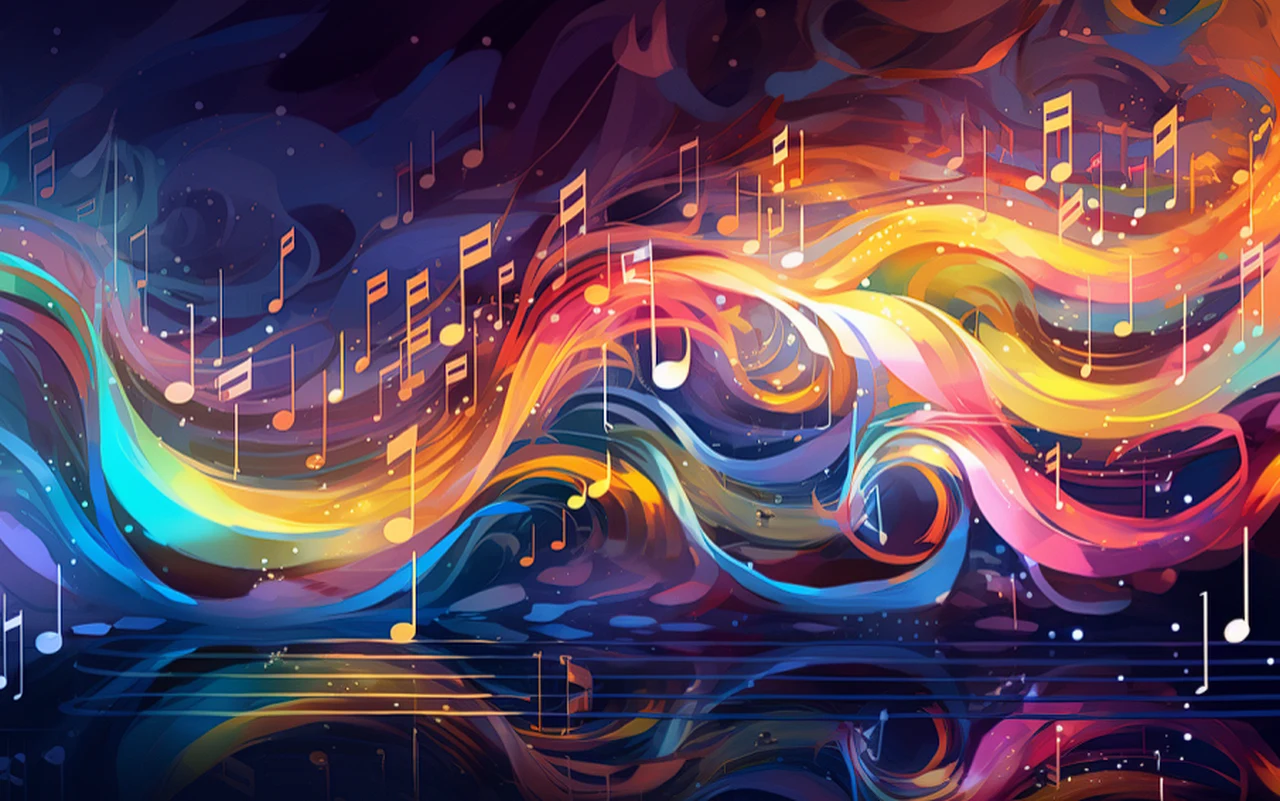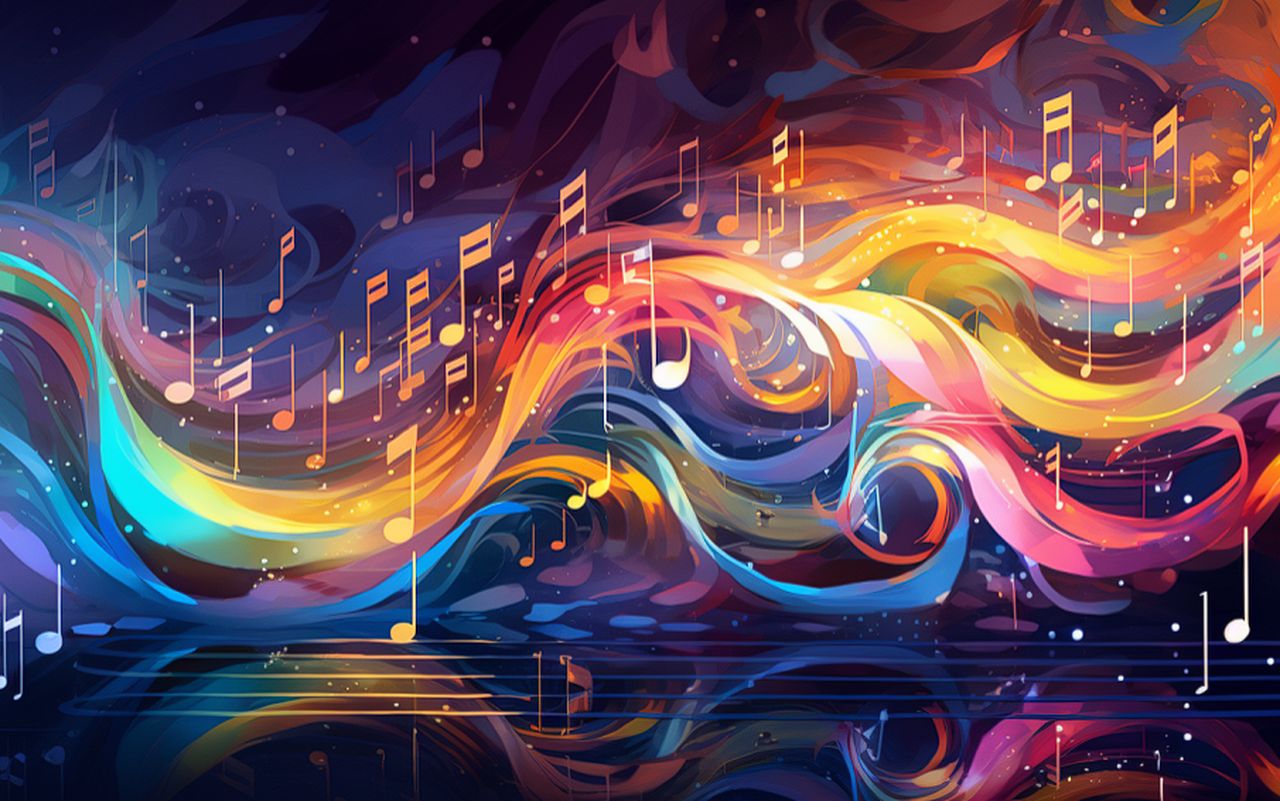
Whatever your opinion of artificial intelligence might be—whether you consider it a tool to enhance innovation or believe that AI is destroying creativity—large language models (LLMs) and diffusion-based generative models are here to stay. They are developing and expanding on a daily basis, being used in a variety of ways to create music, song lyrics, beats, tunes, and even complete songs with vocals and music videos, all created by AI. In this guide, we take a look at how artificial intelligence is changing the music industry, featuring technologies such as voice cloning and tune creation, with the likes of Stability AI’s new audio creation tool, Stable Audio.
AI’s role in creating new songs, generating lyrics, and crafting melodies has been a game-changer, reshaping the landscape of music creation and performance. However, this technological revolution has not been without its controversies and debates, particularly around the potential “death of music,” effects on musicians’ income, and the implications for artistic expression.
Stable Audio
Stability AI’s mission for its Stable Audio music generation product is to empower creators with tools that aid musical creativity. Enabling anyone to create original music for commercial projects if you’re a Pro user, or your non-commercial projects if you’re a Basic tier user.
AI’s influence on music creation is far-reaching, with tools like ChatGPT for lyrics and Google’s MusicLM for melody creation being embraced by musicians. These tools have the potential to revolutionize the music creation process by shrinking “the gap,” or the difference between a creative idea and a tangible creation. The ability to generate new songs, lyrics, and melodies in seconds using AI voice cloning has opened up new avenues for creativity. However, this also raises questions about authenticity and the potential for ‘fake collaborations’ that could mislead fans.
How AI is transforming the music industry
Check out the video below to learn more about how artificial intelligence is transforming the music industry. Is it a good thing or a bad thing? I think only time will tell as AI tools and technologies are still being developed and new innovations are being released on a daily basis.
Google Music LM
Google has made significant strides in the melding of artificial intelligence with music through its MusicLM technology. MusicLM is particularly fascinating as it brings the ability to generate high-fidelity music from text-based descriptions. Imagine a textual input like “a calming violin melody backed by a distorted guitar riff,” and MusicLM can turn this description into a real, listenable musical piece.
It operates as a hierarchical sequence-to-sequence model, capable of generating music at an impressive 24 kHz and sustaining a consistent musical environment over extended periods. The technology manages to outperform prior systems in terms of both audio quality and faithfulness to the text description, marking a remarkable advancement in conditional music generation.
Adding another layer of versatility, MusicLM isn’t just limited to text; it can also condition its musical output based on both text and a melody. This means that hummed or whistled tunes can be transformed to align with the style or mood described in a textual caption.
Such a feature opens up boundless possibilities for personalized music creation, be it for professional musicians looking to flesh out a musical idea or for enthusiasts who simply want to experiment. To facilitate ongoing research in this arena, Google has also publicly released MusicCaps, a dataset that comprises 5.5k music-text pairs, complete with in-depth text descriptions curated by human experts.
Is artificial intelligence going to be the death of music?
The debate around AI causing the “death of music” is a contentious one. Some industry insiders, including artist Grimes and the CEO of Spotify, see AI as a tool that can enhance creativity and uncover unknown musical talent. They argue that AI can help democratize music creation, making it more accessible to a wider audience. On the other hand, critics argue that AI’s prevalence could potentially affect how human musicians earn and create art, leading to a decrease in opportunities for artistic expression.
This debate extends to the controversial aspects around AI music like voice cloning. While some artists are embracing the technology, others express concern over its use, fearing that it could lead to a loss of individuality and originality in music. The complexities surrounding copyright with regards to AI-created music further complicate the issue. Should artists get paid if an AI is trained on their music? This question forms the crux of many legal disputes and lawsuits, as the line between copyright infringement and taking inspiration becomes increasingly blurred.
AI music creation as a tool
The existential question regarding AI as an artist is another point of contention. Can an AI, capable of autonomously creating large quantities of music, be considered an artist? Or is it merely a tool, a means to an end for human artists? This question challenges our traditional understanding of art as a form of human expression, and the answers are far from straightforward.
The music industry, as it currently stands, faces potential future changes as it grapples with these issues. The belief in music as human expression is being tested, as AI continues to push the boundaries of what is possible in music creation. The complexities surrounding payment for AI-created music, copyright issues, and the role of AI as an artist present challenges that the industry must navigate.
AI’s transformation of the music industry is a complex and multifaceted issue. While AI offers exciting possibilities for music creation and discovery, it also raises significant ethical and legal questions. The industry’s future will likely be shaped by how these questions are answered and how the balance between technological innovation and respect for artistic integrity is maintained.
Filed Under: Guides, Top News
Latest timeswonderful Deals
Disclosure: Some of our articles include affiliate links. If you buy something through one of these links, timeswonderful may earn an affiliate commission. Learn about our Disclosure Policy.

